


Конкурс для українського громадянського суспільства, у сфері євроінтеграції та верховенства права
03.09.2024
On behalf of the German Federal Foreign Office, 3·E4U supports the Government of Ukraine in its efforts to align Ukrainian legislation with the European Union’s acquis communautaire under the ‘Fundamentals’ cluster, with a particular focus on the chapters Judiciary and Fundamental Rights (Chapter 23) and Justice, Freedom & Security (Chapter 24). The main implementation partners are the Office of the Deputy Prime Minister for European and Euro-Atlantic Integration of Ukraine (DPMO) and the Government Office for Coordination on European and Euro-Atlantic Integration of Ukraine (GOCEEI).
One key area of cooperation is strengthening the capacities of civil society to actively participate in the accession process. 3·E4U will therefore provide support to three non-profit, civil society organisations by financing selected project initiatives in the areas of the fundamentals cluster, with a particular focus on Chapters 23 and 24. The aim is to support civil society initiatives that stimulate development of an active civil society ecosystem, emphasise the essential role of civil society organisations (CSOs) in policy-making processes and engage civil society in the EU integration process.
Call for proposals
We look forward to receiving project proposals that relate to Ukraine’s accession to the EU as regards the ‘Fundamentals’ cluster, with a focus on Chapters 23 and 24 of the EU’s acquis communautaire. NGOs can be supported regardless of their field of activity (think tanks, media, business associations etc.). Applicants should fulfil an umbrella function and have the potential to unite and ensure engagement from the widest possible range of actors, ensuring broad representation of a wide variety of sectors, social groups, and geographical areas.
The scope of the proposed project should fulfil the objective of the call which was uniformly defined by 3·E4U and its partners as follows: To contribute to an inclusive EU accession process in the areas covered by the ‘Fundamentals’ cluster with a focus on Chapters 23 and 24 (rule of law, justice, judiciary, fundamental rights, human rights, security, anti-corruption, migration, fight against (organised) crime, etc.), and building on the broad knowledge base and legitimacy of civil society. A comprehensive understanding of and a track record in European integration, in particular implementation of Chapters 23 and 24, is required.
Beyond that, there are no limits with regard to the project type. Projects could, for example, focus on capacity development in the area of European integration with an emphasis on Chapters 23 and 24, aim to increase the knowledge base and analytical foundations of the accession process or be geared towards advocacy. Grants will support content-related work only. The procurement of goods can only be subsidised to a limited extent.
Selection process:
From all applicants, an international selection commission will select three projects for funding. The commission will assess in detail compliance of the projects with the specified criteria, as well as their potential impact in terms of the call’s objectives.
Criteria for selection:
I. Eligibility
- Proven experience in European integration with a focus on Chapters 23 and 24
- Registered as a non-governmental organisation
- Financial and administrative solidity proven by annual reports and/or financial audits
II. Evaluation criteria (0 – 10 points for each)
- Objective: The proposed project contributes to achievement of the call’s objective, which is to make a positive contribution to Ukraine’s development in the areas of Chapters 23 and 24 of the EU’s acquis communautaire.
- Implementation strategy: The proposed project is outlined in sufficient detail and the approach is commensurate with the available resources and suitable for achieving the call’s objective.
- Innovative approach: The proposed project includes innovative approaches to fulfilling its goals.
- Umbrella approach: The proposed project adopts an umbrella approach that will engage more CSOs.
- Gender equality: The proposed project makes a contribution to gender equality and the empowerment of women.
- Sustainability: The project approach ensures the long-term mainstreaming of results.
The open call aims to select initiatives with a budget of up to EUR 85,000 each.
Timeline:
Application deadline: 27 Sep 2024
Notification of winners, request for additional documentation: 01 Nov 2024
Contract start and submission of advance payment requests: January 2025
Envisaged project implementation timeframe: Jan 2025 – Oct 2025.
The attached project and budget proposals must be submitted to [email protected] by 27 Sep 2024. Applications received after this deadline will not be accepted.
Please contact [email protected] should you require any additional information.
Контакти
- Контактна інформація: GIZ Project 3*E4U by [email protected]
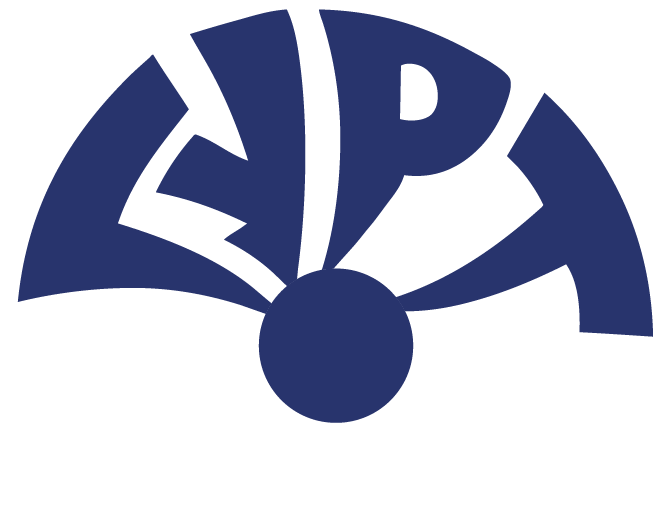

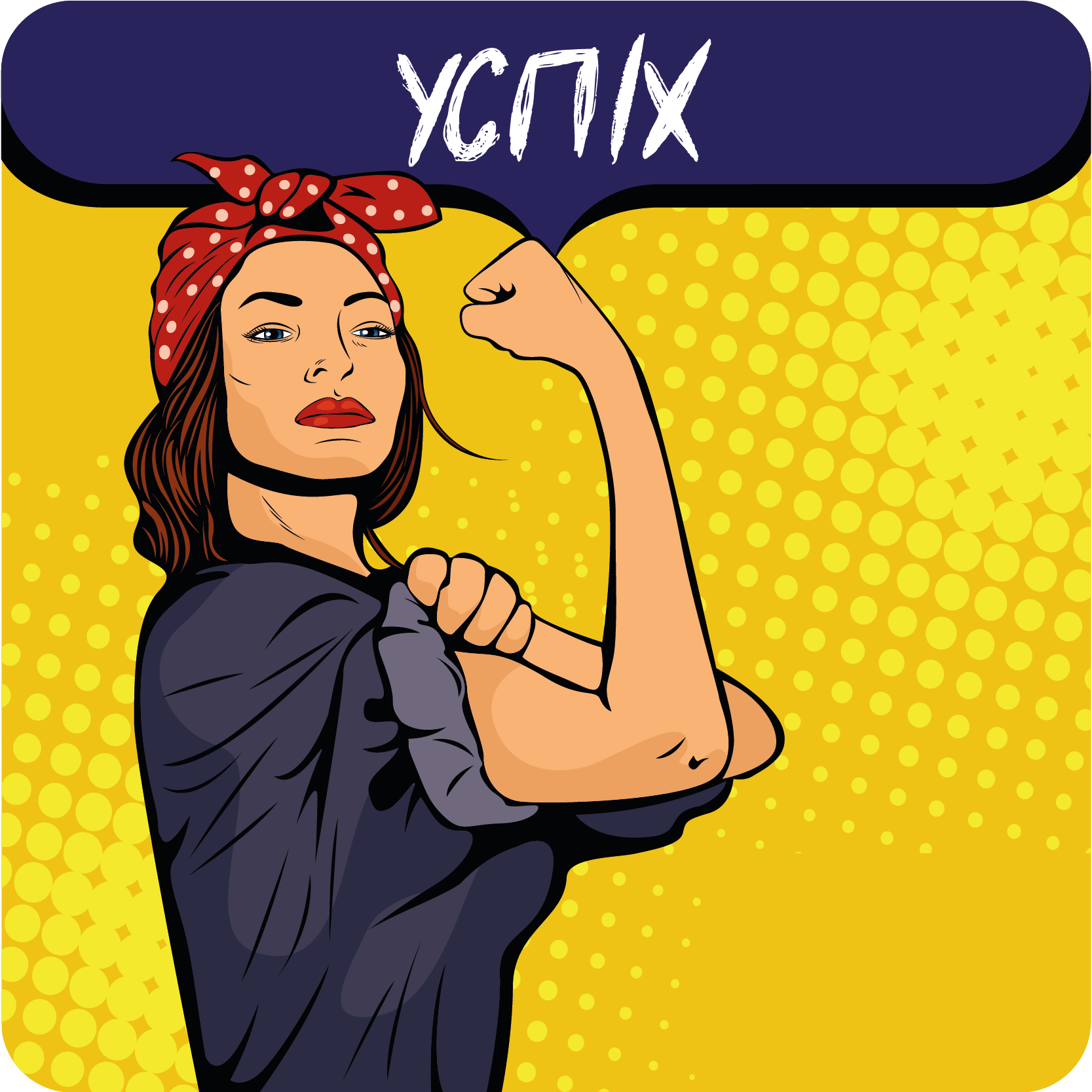
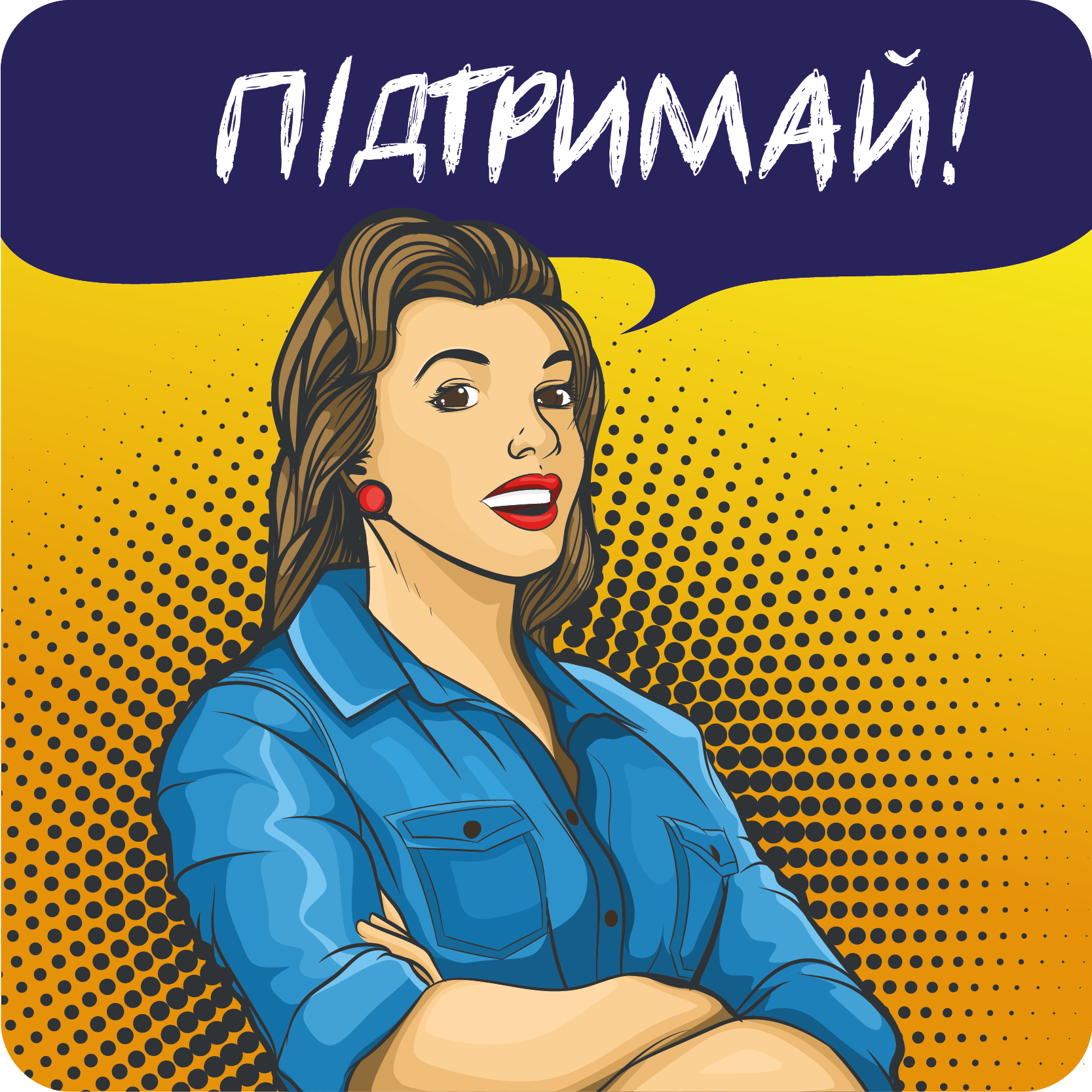


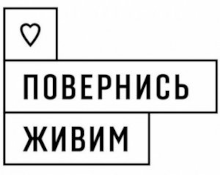
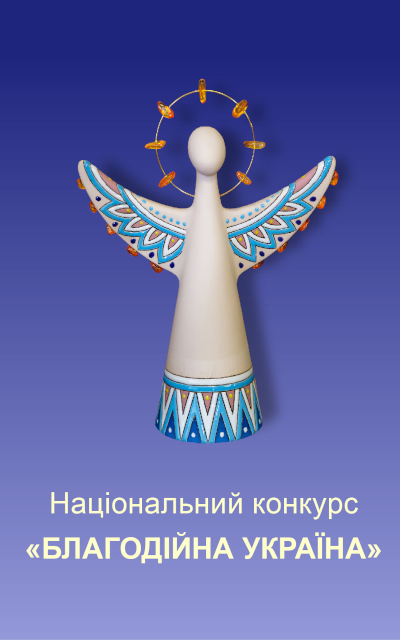
Коментарі